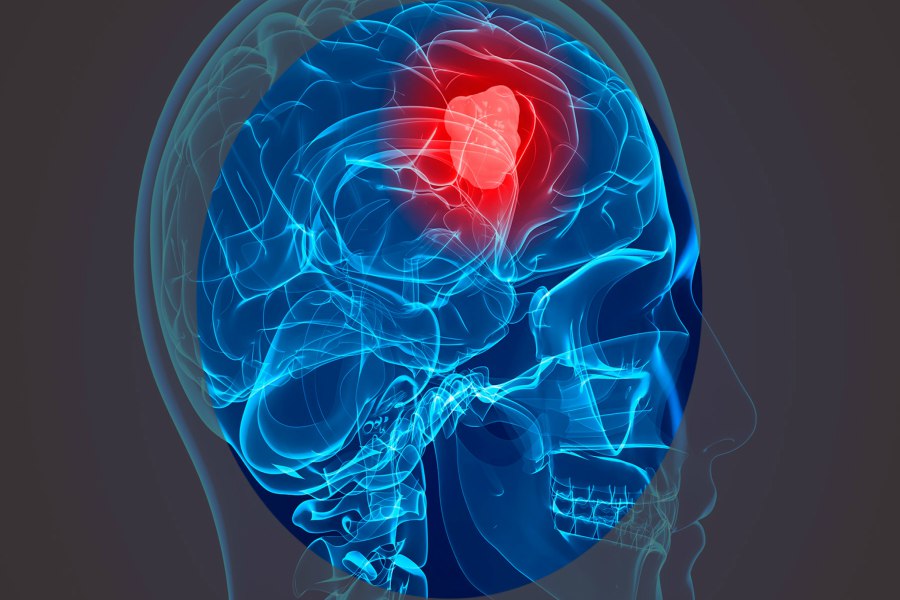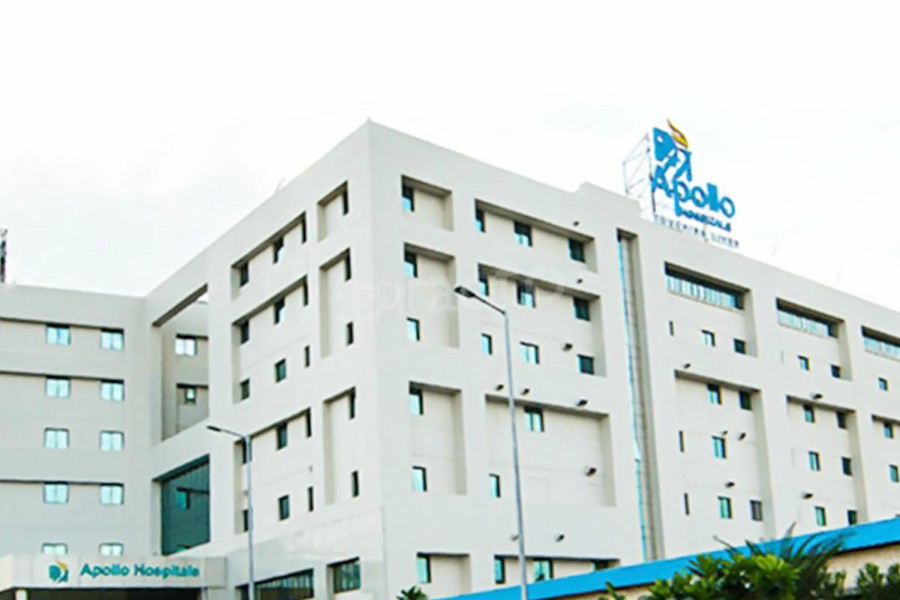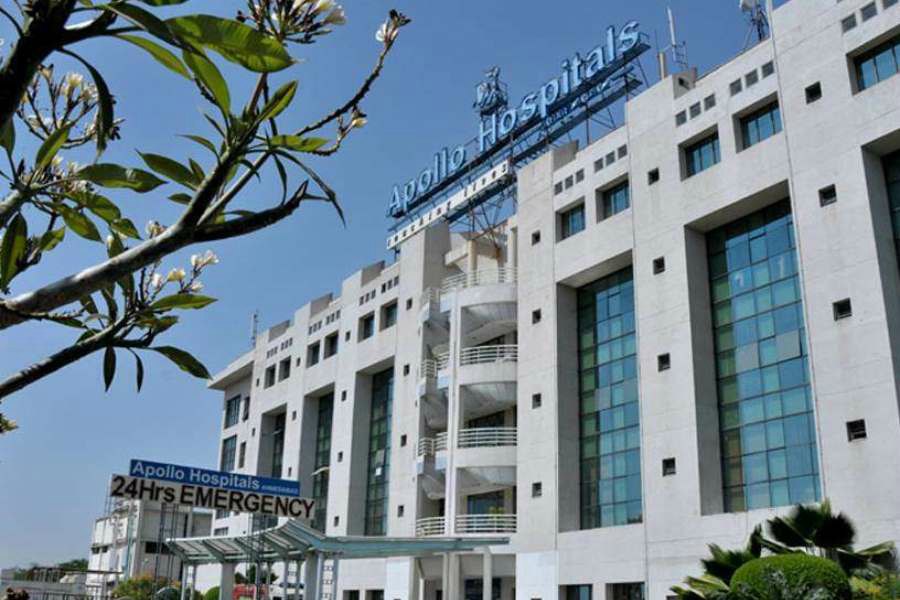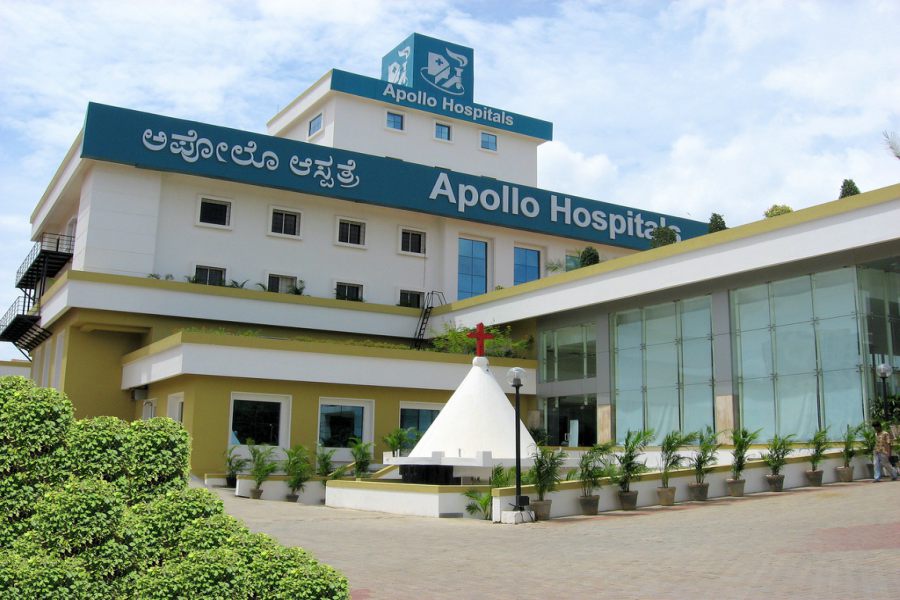
Overview
Brain cancer is one of the leading causes of cancer-related deaths, globally. It is a serious, life-threatening condition that disrupts brain function. Cancers are named based on the location where they have developed. If the abnormal mass of cells develops in the brain, this is called primary brain tumours. If cancers have been migrated to the brain from other parts of the body, such as lungs, breast, kidney, skin, and colon, it is referred to as secondary brain tumours.
Every year about 5000 people die of brain tumours. In the year 2018, about 296,851 new cases of brain tumours were diagnosed throughout the world2.Brain tumours can either be benign (non-cancerous) or malignant (cancerous).
Unlike other cancers, brain cancer is not assigned with appropriate stages. Instead, the progression of brain cancer is determined by the neurological status of the patient.
Initially, the tumours in the brain increase the pressure in the skull and cause the following symptoms:
- Headache
- Sickness
- Vomiting
- Seizures
When the cancer progresses, based on the location of the tumour in the brain, the person may experience the following changes:
- If the tumour is located in the frontal lobe, then the person may have weakness on one side of the body and also experience difficulty in walking.
- When the tumour is present in the parietal lobe, then difficulties in speech, understanding, writing, and reading may occur.
- If the tumour is located in the temporal region, then memory loss and problems with vision may occur.
- When the tumour is in the cerebellum, then the person may have difficulties in co-ordination, vision disturbances, and slurred speech.
- If the tumour is situated in the pituitary gland, then the patient may have hormone changes, weight gain, mood swings, high blood pressure, and diabetes.
Causes
Cancers develop when the normal cells in the body undergo sudden changes. These changes allow the cells to grow and divide abnormally without dying. This results in the formation of cancers.
Primary brain cancer occurs when the brain cells divide abnormally and form a mass of abnormal cells. Secondary brain cancer occurs when the cancers from other parts of the body migrate to the brain through the bloodstream.
However, the risk of brain cancer is more in individuals who:
- Have a family history of brain tumours
- Are exposed to high-doseionizing rays
- Have a history of brain infections
SYMPTOMS
The signs and symptoms of the brain cancer differ based on the size, type and location of the tumours. Common symptoms of brain cancer include:
- Persistent and severe headache
- Difficulty in walking
- Vision problems
- Memory problems
- A gradual loss of sensation or movement
- Confusion
- Hearing problems
- Difficulty in speech
- Facial numbness
- Seizures
- Persistent nausea, vomiting, and drowsiness
DIAGNOSIS
The doctor will review the symptoms and the past medical record of the patient. If a brain tumour is suspected, then the following tests will be performed:
- Neurological examination: In this examination, the doctor will assess the vision, hearing, balance, coordination, and strength of the patient is checked. This is done to determine the location of the brain tumour.
- Imaging tests: Tests like a CT scan, MRI, and PET scan are done to determine the size and extent of the tumours.
Additionally, a sample of small tissue may be collected from the tumour and examined under the microscope to confirm the cancerous nature of the tumour. This test is known as a biopsy.
RISK FACTORS
The following are the common complications of brain cancer surgery:
- Infections
- Bleeding
- Blood clots
- Brain damage
- Brain swelling
- Injury to facial muscle
POST-OPERATIVE CARE
One to two days of hospital stay is required if you had transsphenoidal surgery. In the case of craniotomy, at least one week of hospital stay is recommended. Physiotherapy is done from the next day of the surgery to improve the strength and balance. The neurosurgeon will prescribe certain medicines to manage pain, nausea, brain swelling, and seizures.
Post-operative care
The following precautions help in quicker recovery:
- Take adequate rest
- Do breathing exercises and leg exercises
- Avoid stressful situations
- Take the prescribed medicines
- Follow-up regularly to assess the outcome
- Consult your doctor immediately, if you have fever or any other signs of infections
TREATMENT
The treatment modalities for brain cancer include the following:
- Surgery
- Radiation therapy
- Chemotherapy
Surgery:
Surgery is the primary treatment option for treating brain cancer without causing much harm to the surrounding healthy tissues.
Pre-operative procedure:
On reviewing the medical record of the patient, the surgeon will discuss about the surgery, its benefits and risks. The patient also needs to undergo certain tests to determine the overall health condition.
For better outcomes with surgery, the patient is advised to follow the instructions given below:
- Stop drinking alcohol and smoking at least one week before the surgery
- Take the prescribed medicines to manage inflammation of the brain
- Avoid blood thinners or any other medicines that increase the risk of bleeding during and after the surgery.
During the surgery
General anaesthesia is administered, and then the neurosurgeon will perform any one of the following procedures:
- Craniotomy: A small incision is made on the scalp or behind the hairline to expose the skull. Now, the surgeon makes a small opening on the skull to remove a section of bone known as bone flap temporarily. On removal of the bone flap, the dura mater (the brain membrane) gets exposed. The neurosurgeon will then make a small incision in this membrane and locate the tumour by using a CT (computed tomography) scan or MRI (magnetic resonance imaging). When the tumour is found, the neurosurgeon will remove it. The surgeon will replace the bone flap and stitch the incision on the scalp.
- Transsphenoidal surgery: In this procedure, an endoscope (a thin, long, and flexible tube having a light and camera at one end) is used to detect and remove the cancers. The neurosurgeon will insert the endoscope through a nostril and make an opening at the back of the nasal cavity. With the help of an endoscope, the neurosurgeon will locate the cancer cell and remove them by using high-tech instruments.
If any cancer cells remain after surgery, then the neurosurgeon will recommend the following treatment options:
Radiation therapy: The radiologist will place an immobilization mask around the head to hold it in a position. Now, with the help of a CT or MRI scan, the radiologist will detect the location of the tumour and deliver high-energy rays to kill the cancer cells.
Radiation therapy is given in the following ways:
- External radiation therapy involves delivering high beam rays through skin, skull, and healthy brain tissues to target the tumours. This therapy is recommended for five days in a week based on the cancer stage.
- Internal or implant radiation involves placing a radioactive substance inside a capsule and inserting it directly near the tumour. This capsule emits radiation and destroys cancer cells.
- Stereotactic radiosurgery is a minimally invasive procedure, which delivers high energy radiation beams from various angles to destroy the cancer cells.
Chemotherapy: A single drug or combination drug is recommended to kill the cancer cells. Based on the patient condition, chemotherapy is given either orally or through intravenous injection.
Duration of treatment
The duration of brain cancer treatment differs based on the patient’s age, overall health, and the type of treatment.
Radiation therapy: It is typically given once a day, three to five days in a week, for up to five to seven weeks.
Chemotherapy: The course of treatment with chemotherapy may last for 6-12 months.
FACTORS AFFECTING COST
The cost depends upon:
- The types of treatment
- Types of chemotherapy and number of cycles
- The types of surgery
- The radiotherapy technique
- Anaesthesia needed
- Expertise of the doctors


 Best Hospitals
Best Hospitals















